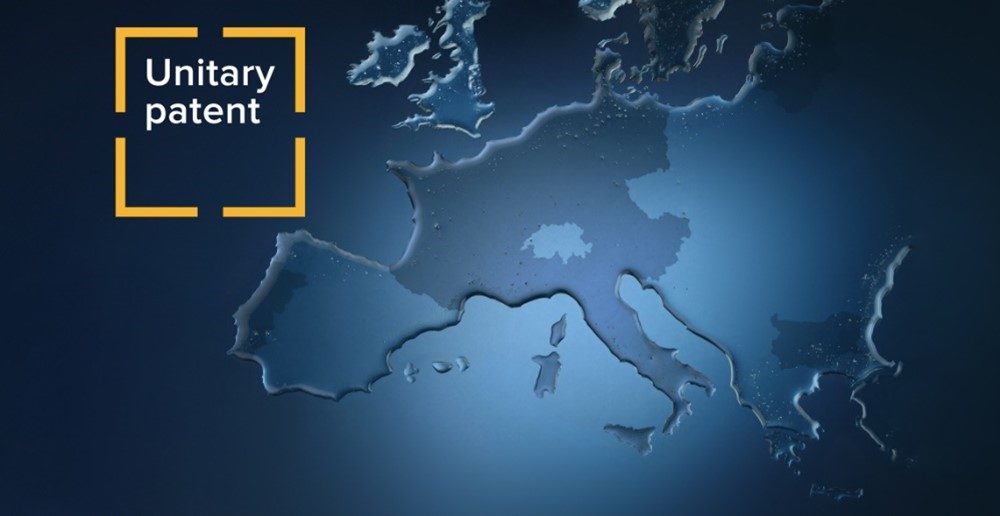On 1 June 2023, the Unitary Patent and the Unified Patent Court (UPC) will come into force at European level.
The unitary patent represents a new option available for obtaining a uniformly valid patent in 17 member countries of the European Union.
Unlike the system before 1 June of individual national designations, the unitary patent is designed as a true European patent, in which not only is the grant procedure centralised (as in the system before 1 June), but also the steps associated with the patent after it has been granted, such as the payment of maintenance fees or possible infringement or invalidity actions.
In the case of a large number of designated countries (typically more than 4 or 5), the unitary patent will also be advantageous in terms of patent maintenance fees.
The unitary patent may be chosen to replace or complement a traditional European patent, depending on the countries where the proprietor wishes to set their patent into force. This represents an additional opportunity for applicants of a European patent application or holders of a European patent.
The Unified Patent Court (UPC) will have exclusive jurisdiction over infringement and invalidity disputes relating to these new unitary patents… but not only! After a transitional period between 7 and 14 years, the UPC will also have exclusive jurisdiction over traditional European patents.
During this transitional period, the UPC will coexist with the system of national courts, with the possibility for holders of a European patent to explicitly designate, under certain conditions, the competent court.
Provided that no action has yet been brought before a court or the UPC and during the transitional period, applicants of a European patent application or the holder of a traditional European patent will therefore have the following options:
- explicitly designate the national courts as competent (“opt-out” option);
- explicitly designate the new Unified Patent Court as competent (“opt-in” option);
- make no explicit choice, in which case the competent court will be the one in which the first action is filed, whether by the proprietor in the case of an infringement action or by a third party in the case of an invalidity action.
The choice of one of these options may have strategic repercussions. The system before 1 June requires action to be taken in each national court, which often proves very costly, whereas the UPC will issue centralised decisions valid for all the countries concerned. While the centralisation of the decision may be positive for the holder in an infringement action (possibility of obtaining damages for all countries subject to the UPC through a single action), it may also constitute a risk factor in the case of an invalidity action filed by a competitor (possibility of revocation for all countries subject to the UPC through a single action).
Although complex, the entry into force of the unitary patent and the Unified Patent Court represents an additional opportunity for all applicants of a European application or holders of a European patent.
In order to provide its clients with the best possible support, P&TS set up several months ago a specialised team of agents and paralegals to integrate this new system and enable them to best benefit from it. P&TS also has two representatives before the UPC, Christophe Saam and Ronan Guirey, who are authorised to plead before the UPC.
We will of course be happy to answer any questions you may have about this new system.



